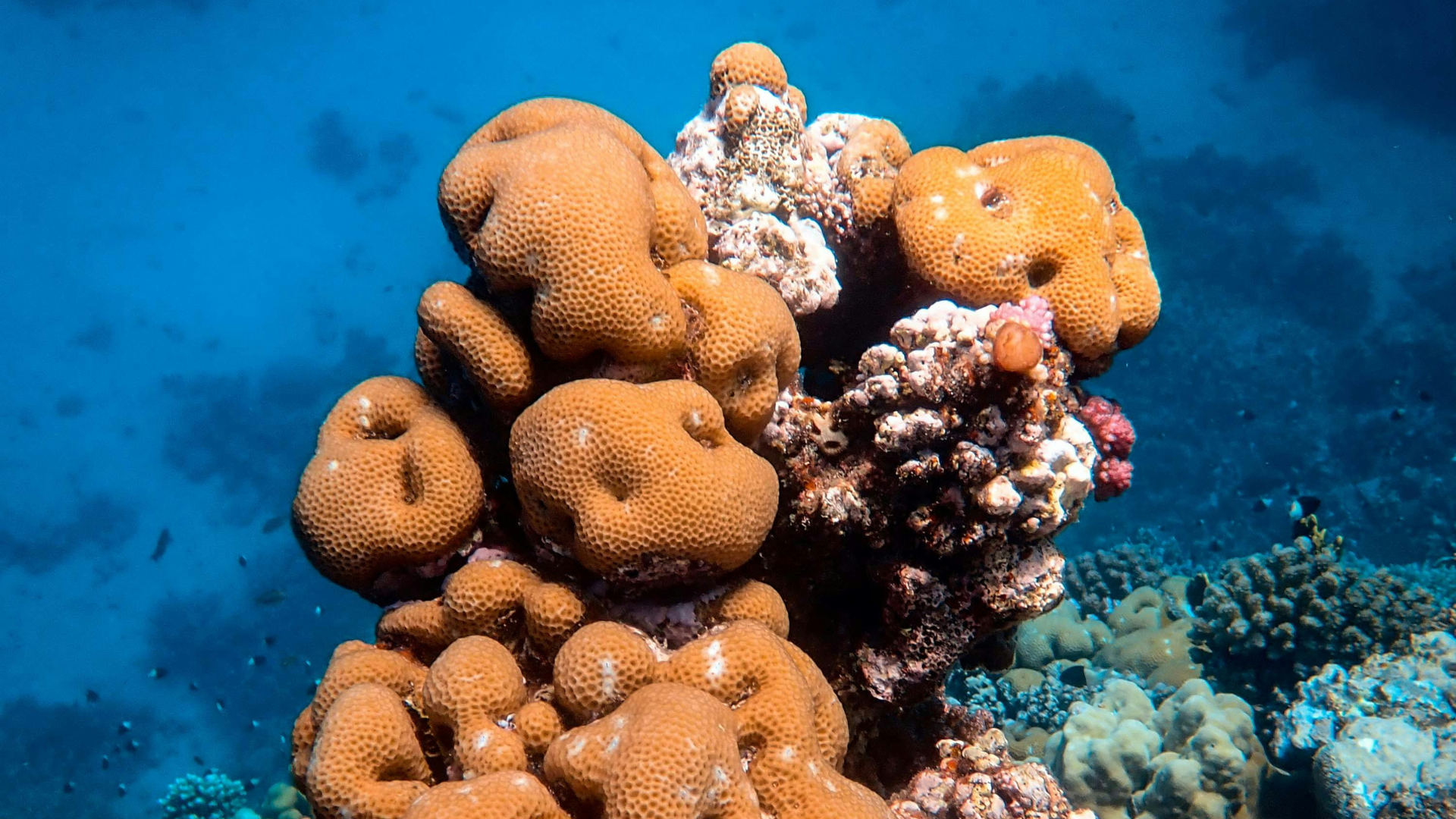Microbes as all-round contributors
Microbes play a significant role in oceanic ecosystems, fulfilling various crucial functions. Not only are they the primary producers of oxygen, but they also serve as a food source for various marine animals. Additionally, microbes play a crucial role in breaking down waste. Thus, they ensure a healthy and clean ecosystem.
Research on underwater microbes
Changes in the ocean's microbiome can also alter the functioning of the ecosystem. Therefore, it's important to investigate which microbes are present and map out their interactions. Scientists have taken 397 samples at different depths and locations in oceans and the Mediterranean Sea. By comparing these samples, researchers attempt to obtain a detailed picture of collaborations within the underwater microbiome.
Patterns discovered
The research revealed interesting patterns. Microbes show more collaboration in water layers with similar characteristics, such as temperature and pressure. It's striking that these collaboration patterns are more prevalent within the same horizontal ocean layer than between different depths. Moreover, microbes from tropical and subtropical oceans seem to collaborate more than those from other areas. Some collaboration patterns are even observed worldwide at the same depth level.
Microbes and climate change
This research underscores the crucial importance of microbes in underwater ecosystems. A better understanding of their interactions contributes to predicting the consequences of climate change on food chains and the broader underwater ecosystem.
Author: Inge Rothuis
Source: nature communications

